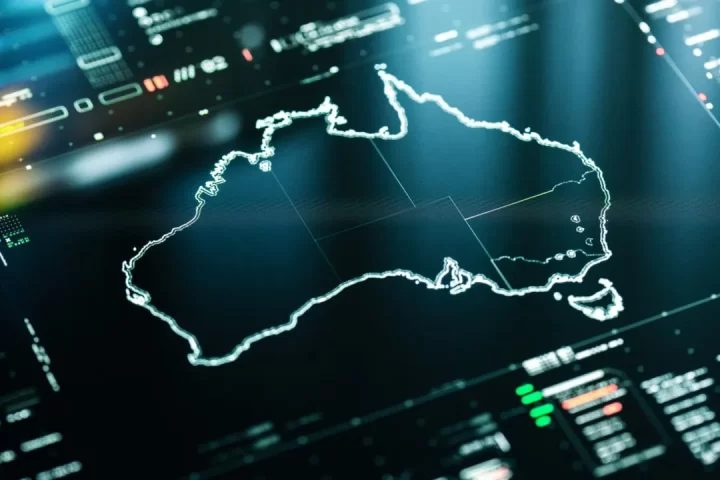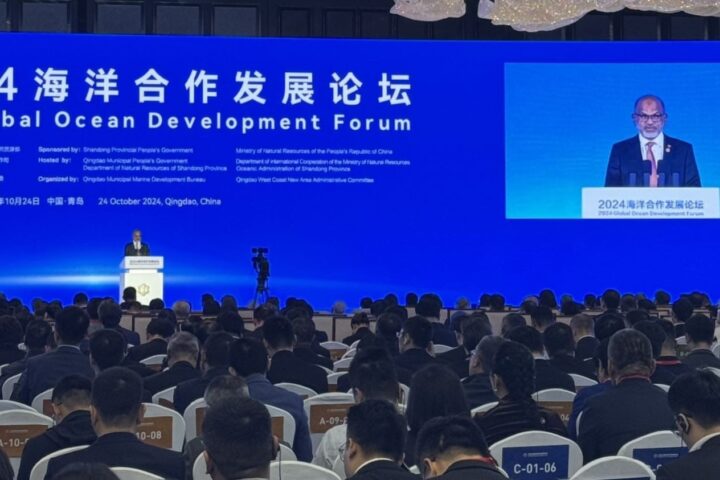If you’ve watched the movie “Equilibrium,” then you’ll recognize the scene: a world cloaked in shades of gray, with skyscrapers looming like giants and the streets pulsating with a mechanical rhythm. Above, drones cast vigilant eyes over a populace ensnared in the clutches of totalitarian rule, all orchestrated by the mysterious Council, led by the elusive “Father.”
In this bleak future, emotions are not merely discouraged; they are eradicated. Citizens are required to ingest a drug called Prozium, a soul-numbing elixir designed to purge all traces of feeling from their minds and hearts. Enter John Preston (played with steely resolve by Christian Bale), a high-ranking officer in the government’s enforcement agency, the Grammaton Clerics. His mission? To stamp out any hint of emotion, creativity, or individuality that dares to rear its head in this sterile society.
But in a twist of fate as unexpected as a glitch in the Matrix, Preston finds himself questioning the very system he has sworn to uphold. A missed dose of Prozium leads to a startling revelation – he is capable of feeling. As emotions long buried begin to resurface, Preston’s loyalty is tested, and he is drawn inexorably into the clandestine world of the resistance movement.
Meanwhile, in the real world, China is making waves with its own foray into the realm of artificial intelligence. Enter “Chat Xi PT,” a digital creation infused with the thoughts and beliefs of none other than beloved President Xi Jinping himself. Trained in the art of Xi Jinping Thought, this AI-powered chatbot represents Beijing’s latest attempt to control the flow of information and influence public discourse in the digital age.
But as with any technological advancement, questions abound. Will “Chat Xi PT” be used as a tool for enlightenment or oppression? Will it foster dialogue or silence dissent? And what does its introduction mean for the future of AI development on a global scale?
As tensions mount and nations jockey for supremacy in the digital arena, one thing becomes clear – the age of artificial intelligence is upon us, and the choices we make today will shape the world of tomorrow. In a world where the line between reality and fiction grows ever thinner, “Equilibrium” serves as both a cautionary tale and a mirror held up to our own society, challenging us to confront the consequences of our actions and the power of our collective humanity.
The chatbot, meticulously trained in the intricate nuances of President Xi Jinping’s political doctrine, known as “Xi Jinping Thought on Socialism with Chinese Characteristics for a New Era,” along with other official literature meticulously curated by the Cyberspace Administration of China, marks a significant stride in China’s quest to wield influence over digital discourse. As detailed by the Financial Times, this effort reflects the delicate balancing act undertaken by Chinese officials, as they seek to navigate the complex terrain of stringent controls on free speech while simultaneously nurturing advancements in AI technology.
Moreover, the South China Morning Post reports that China’s foremost internet regulator has proudly unveiled the large language model (LLM), heralded as “secure and reliable,” cementing its place as a formidable contender in the realm of AI-powered chatbots. This convergence of technological prowess with political ideology underscores China’s ambition to assert dominance in the global AI arena, even as it grapples with the inherent tensions between control and innovation. (Reports: South China Morning Post, Financial Times)















